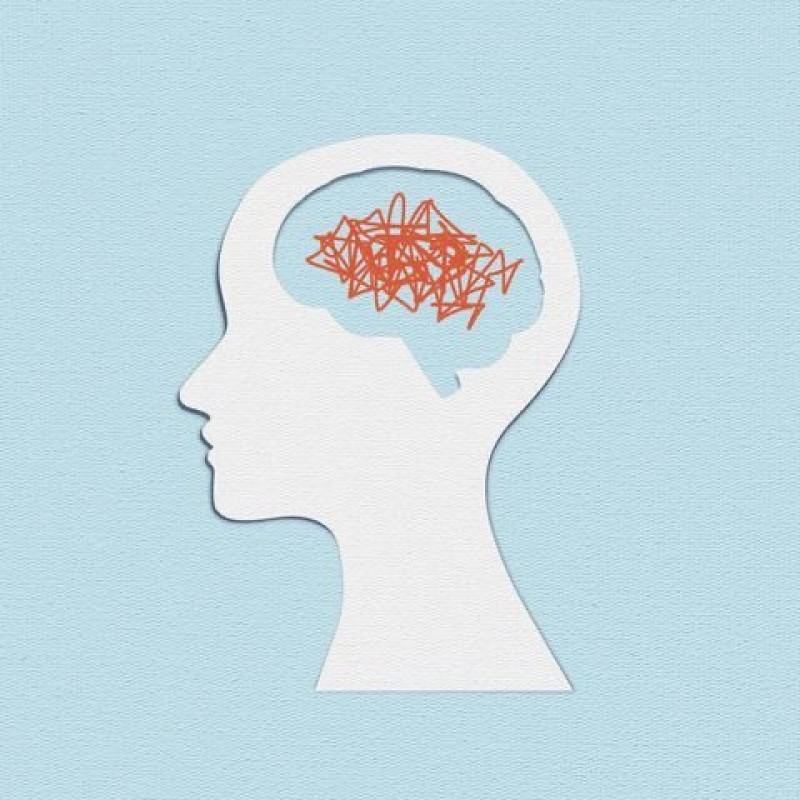Depression
Depression is a mood disorder that causes a persistent feeling of sadness and loss of interest. It affects how you feel, think and behave and can lead to a variety of emotional and physical problems. The patient may have difficulty carrying out normal daily activities, and sometimes may feel as if life is not worth living
Depression has many symptoms, including:
Feelings of sadness, crying, or despair
Outbursts of anger, irritability or frustration even over simple things
Loss of interest or pleasure in most or all normal activities, such as hobbies or sports
Sleep disturbances, including insomnia or sleeping too much
Fatigue and lack of energy, even small tasks take more effort
Loss of appetite, weight loss, or food cravings and weight gain
Anxiety, agitation, or restlessness
Slowed thinking, speaking, or body movements
Feelings of worthlessness or guilt, focusing on past failures or self-blame
Trouble thinking, concentrating, making decisions, and remembering things
Recurring or persistent thoughts of death, thoughts of suicide, or suicide attempts
Unexplained physical problems, such as back pain or headaches
the reasons
It's not known exactly what causes depression. As with many mental disorders, many factors can be involved, such as
Brain chemistry: Neurotransmitters are chemicals naturally found in the brain that are most likely to play a role in depression. Recent research suggests that changes in the function and effect of these neurotransmitters and how they interact with the neural circuits involved in maintaining mood stability may play an important role in depression and its treatment.
Hormones: Changes in the balance of hormones in the body may be related to causing or triggering depression. Hormonal changes can occur as a result of pregnancy, during the weeks or months following childbirth, problems with the thyroid gland, menopause, or a number of other conditions.
Inherited traits: Depression is more common among people whose close relatives have the condition. Researchers are trying to find genes that may cause depression
protection
There is no prove way to prevent depression. However, some strategies can help, such as:
Take the necessary steps to control psychological stress, to increase flexibility and to raise the degree of self-esteem.
Connect with family and friends, especially in times of crisis, to help withstand difficulties.
Get treatment at the first sign of a problem to help prevent depression from getting worse.
Diagnosis
Physical examination: The doctor may conduct a physical examination and ask questions about the patient's health. In some cases, depression may be related to an underlying physical health problem.
Lab tests: For example, your doctor may run a blood test called a complete blood count or test your thyroid gland to make sure it's working properly.
Psychological evaluation: The mental health professional may ask questions about the patient's symptoms, thoughts, feelings, and behavior patterns and assess the condition according to specific criteria.
Treatment
Medications and psychotherapy are effective for most people with depression. Many people with depression benefit from seeing a psychiatrist or psychologist
If the patient has severe depression, he or she may need to stay in the hospital or participate in outpatient programs until symptoms improve. There are several types of medications that the attending physician can start with to treat the patient and then assess the response
Psychotherapy
Psychotherapy is a general term for treating depression by talking about the patient's condition and related problems with a mental health professional. Psychotherapy is also known as talk therapy or psychotherapy.
Different types of psychotherapy, such as cognitive behavioral therapy or interpersonal therapy, can be effective in treating depression. A mental health professional may recommend other types of treatments

